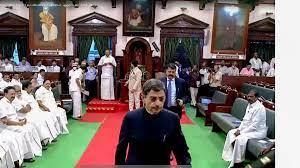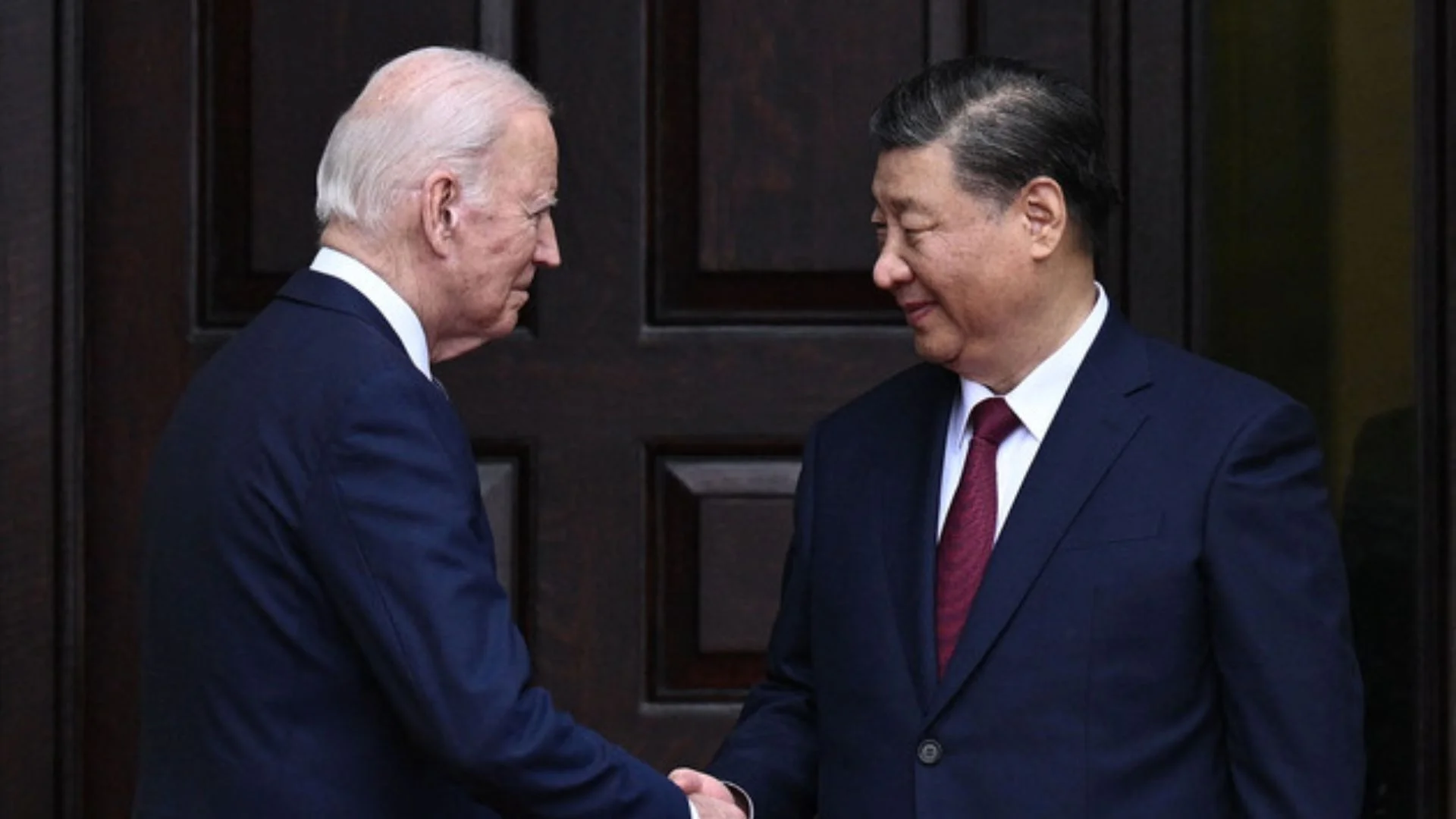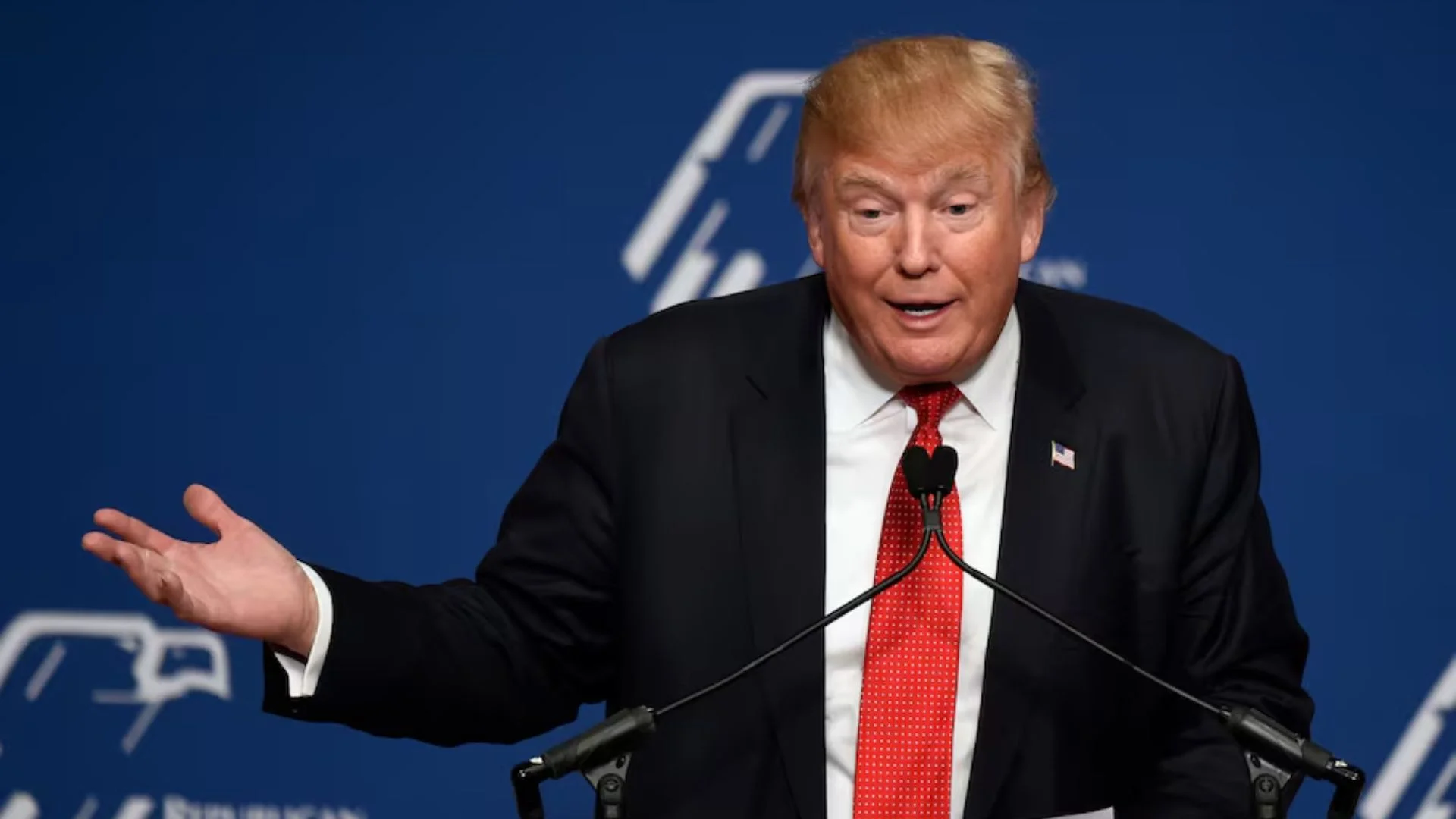
By overstepping his jurisdiction by an act of Constitutional impropriety, Tamil Nadu Governor, R.N.Ravi, has evidently lost the right to continue in his position. Ravi had on Thursday dismissed tainted DMK minister V. Senthil Balaji, who was arrested by the Enforcement Directorate earlier. A few hours later, after the State BJP unit approached the Centre pointing out the “huge blunder’’ by the Governor, Ravi issued another directive putting on hold his earlier controversial and unprecedented order. Had it been not for instructions issued by Union Home Minister, Amit Shah, that the Governor should take the advice of the Attorney General on the matter, the issue would have got even more complicated than it is at present. The DMK government led by MK Stalin, is indignant and has decided to challenge the action in Court, on the plea that it was both unprecedented and infringed Constitutional provisions of law. Ravi appears to be justifying his position and maintains that he took the step since as per his information, Senthil was interfering with the due process of law, and had to be ousted from the Cabinet. Multiple BJP spokespersons and at least one Governor and one former Lt. Governor are publicly defending Ravi, and maintain that there was something known as morality, and his action should be seen in the context of morality and ethics rather than law and the constitution. Nothing could be more unfortunate than this. Although it is most unlikely, yet Ravi should be dismissed by the Centre for causing so much embarrassment and putting aside the provisions of the Constitution as well as the judgments of the Supreme Court on the powers of the Governor. Had he not enjoyed immunity because of the position he holds, he could have been also arrested for his unpardonable act.
The issue needs to be clearly understood. Senthil is in judicial custody and is being probed by the ED for his violations. The DMK has claimed that action was initiated against him because of political reasons and he would be cleared by the Courts, when the matter finally goes there for a final decision. The Governor thought otherwise, and was under the erroneous impression, despite the best advice available to him, that he had the authority to remove a minister from the Cabinet without the consent of the Chief Minister. He issued the order probably because he was under the mistaken notion that since he had administered the oath of office to the minister, he had the right to even remove him because he was holding office “at his pleasure’’. Many other Governors have also been overstepping their powers and have been entangled in a confrontation with duly elected governments in various states. All this needs to be stopped before more damage is caused to our institutions and the structure of our federalism. Can anyone imagine the President dismissing a central minister without the recommendation of the Prime Minister.
This holds good in States as well. Under the existing provisions, the Governor is essentially a titular head who performs ceremonial duties. He has discretion only in very select matters. For instance, after the Assembly polls get over, the Governor can invite the leader of the single largest party or the largest coalition which according to his estimation can form a stable government. Secondly, in case, the elected government loses majority, he can recommend a Central Rule in the State subject to this issue being clearly determined through various instruments and means. Finally, if the Assembly passes a Bill, he can send it back for reconsideration by the ruling party. Otherwise, on all other matters, he is bound by the advice of the Chief Minister and his Cabinet. The Centre must rein in some of the Governors who are deliberately or inadvertently causing embarrassment to the Union government after all they are the “agents of the Centre’’. In the context of Tamil Nadu, the Governor first transgressed his jurisdiction, and then went ahead and dismissed a minister without the knowledge and advice of the Chief Minister. Subsequently, he put his order in abeyance. Both these acts are not legally or constitutionally tenable. Presuming he had dismissed a Minister legally, and later decided to reinstate him, he would once again have to administer him the oath of office. This is a complex issue and must be resolved now. There is every reason to believe that the face-off between the Governor and the DMK government shall continue and could take an ugly turn. The best solution would be to appoint a new Governor in Tamil Nadu and remove or dismiss the present incumbent.















